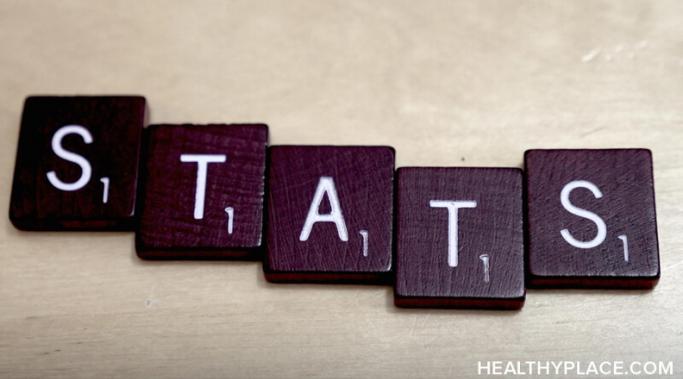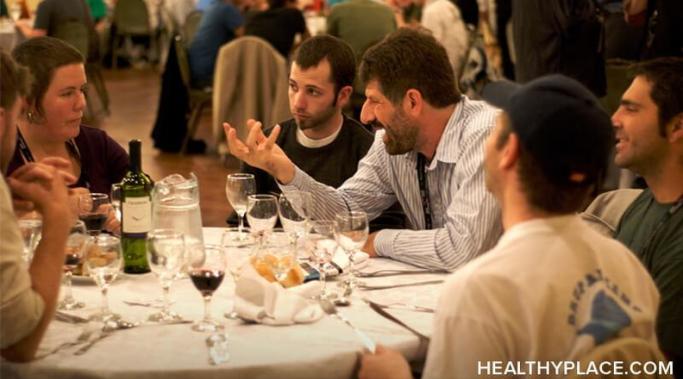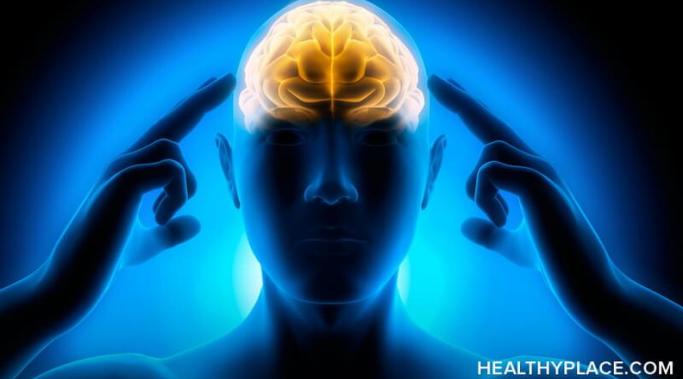Perhaps you've heard the saying that an "attitude of gratitude" is good for you. Is it just an old wive's tale, or is there any truth to it? This season of thanks and giving seemed like a good time to check the research and find out. Here's what I learned about how practicing gratitude affects your brain.
Feelings and Emotional Intelligence
We all experience anxiety from time to time, and relieving anxiety can be tricky. Some commonly used methods to relieve anxiety actually make it worse. Other attempts at relief just ignore the underlying problem. To get lasting anxiety relief, we must understand which methods help and which ones perpetuate the problem.
You can use a happiness chart to show yourself progress in your mental health journey. I used to believe that intangible items like emotions could not be empirically measured. However, after using a depression tracking application (or "app") for several months, I learned that nearly anything can be measured and graphed.
Radical acceptance is a term often taught in dialectical behavior therapy. It pulls from Buddhist principles and is the act of fully accepting reality just as it is. I have found that many of the DBT principles are simple in theory but difficult to implement. Radical acceptance is no exception, but there are many benefits of radically accepting things you cannot change.
When faced with a situation where we wish to decline an invitation, many people have trouble saying no. Saying no can seem stressful, so people reluctantly say yes to an invitation instead. This can cause resentment on both ends of the invitation, since the host takes the acceptance at face value, while the guest is at an undesired event. Saying no to an invitation creates an alternative with many benefits.
One way to improve your emotional health is to learn how to stay in your window of tolerance. Imagine your mind like a picture window where the view outside represents all the emotions and situations you can handle skillfully. If you have a large picture window in your mind, there is a wide range of stressors you can effectively manage. If your window is very small, it's pretty easy to fall into overwhelm or complete shutdown. This is why understanding and expanding your window of tolerance can significantly improve your emotional health.
I recently read a book on being more effective in which the author discusses the utility of daily visualization. Daily visualization might make us think of guided visualizations or meditation, but this particular method is distinct from that.
Letting go of friendships can feel even more difficult than letting go of a significant other. You may find yourself ending a friendship for a variety of reasons, but the process is similar to ending a romantic relationship.
We often practice receiving constructive criticism appropriately, but many people don’t learn how to give feedback to others. Feedback makes our romantic and working relationships stronger, so giving that constructive criticism can truly change our lives for the better.
Are you new to meditation? If so, perhaps you’re looking for meditation tips because you can’t find a good jumping-off point. As meditation’s slowly lost the stigma as an "out-there" practice for hippies and religious devotees, meditation's benefits have been studied and touted as important for mental health self-care. Perhaps you’ve become aware of these benefits of meditation, but feel frustrated after trying it a few times. These three meditation tips will help get you off to a great start.









